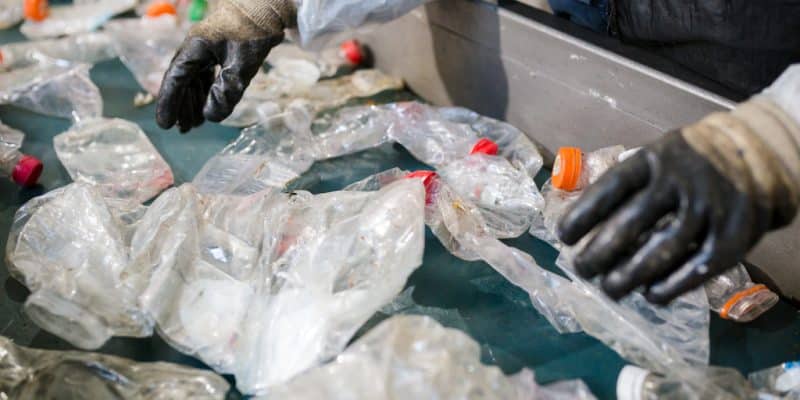The Kenya Plastics Pact has unveiled the country's new strategy for developing the plastics circular economy by 2030. The roadmap has several key points, including innovation and dialogue with industries.
Kenya is putting in place a joint action plan to accelerate the development of the plastics circular economy. The document was recently endorsed and published by stakeholders of the Kenya Plastics Pact (KPP), launched in March 2022. The initiative aims to find funding to support innovation, collection, reuse and recycling of plastic waste in Kenya. It brings together several stakeholders in the waste value chain such as the Kenya PET Recycling Company (PETCO), the Nairobi Waste Collectors Association and the Kenya Extended Producer Responsibility Organisation (KEPRO).
Read also –
For the Kenya Plastics Pact, the ultimate goal is to make 100% of the plastic packaging produced in Kenya reusable by 2030. Thus, the first action will be the elimination of “unnecessary or problematic” single-use plastic packaging. Business models for product redesign will also be developed. “Integrating circularity into the plastics value chain will increase sustainable economic development and resilience,” says Carole Kariuki, CEO of the Kenya Private Sector Alliance (KEPSA).
Engaging producer responsibility
This will help create jobs in the collection and recycling of plastic waste. Currently, the country generates an average of 480 tonnes of plastics per day according to the National Environment Management Authority (NEMA).
The responsibility of plastic packaging producers will also be engaged through new legislation. Dubbed, ‘Extended Producer Responsibility (EPR) Regulations’, the document will improve resource efficiency, stimulate innovation, encourage recycling and reduce the amount of waste going to final disposal as set out in the Sustainable Waste Management Act enacted in July 2022. “However, while it is a necessary regulatory framework to move towards a circular economy, mandatory EPR alone does not provide a collaborative platform to unlock innovation and systemic solutions for a circular economy,” say Kenyan authorities.
Inès Magoum






